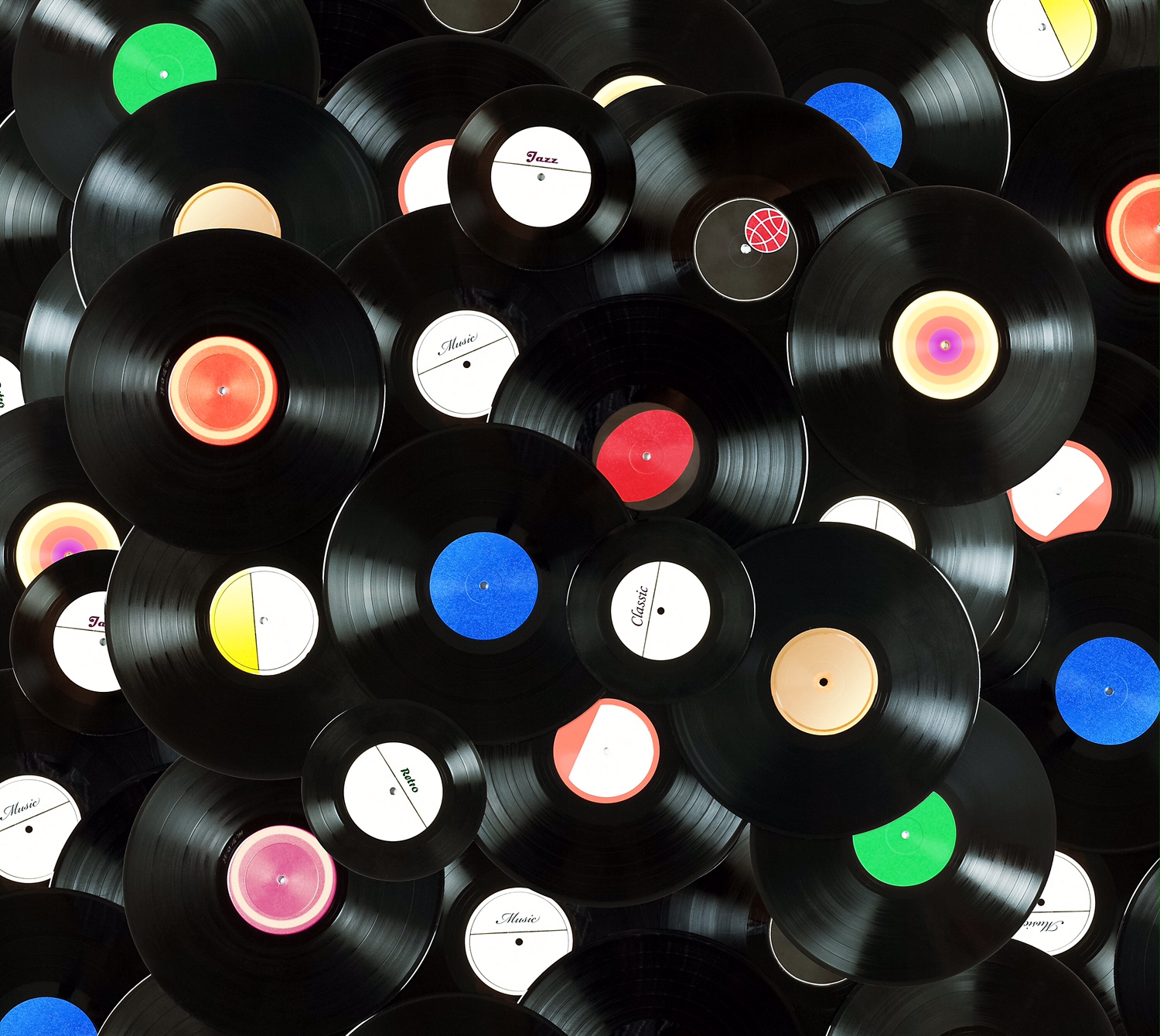The Pros and Cons of Digital Music Pools
December 1, 2016
Admit it: if you consider yourself a professional DJ, you’re most likely a music hoarder on some level. You have a ginormous stash of edits, remixes and transitions; you anxiously await New Music Friday on iTunes; or you scour Soundcloud daily during the week while you wait for New Music Friday. But for some reason, those and other popular outlets aren’t scratching that nagging itch you have for more music and tools for your regular sets. Enter digital music pools, the updated version of old school record pools.
For those unaware of this resource, a record pool in the vinyl-only DJing days was a select group of club, mobile and mixshow DJs, program and music directors, and radio personalities that directly connected with music labels and promoters to promote new and upcoming tracks. In exchange for supplying these various working DJs with free music, the DJs would in turn give direct feedback regarding the crowds’ responses to the tracks they played.
Now that DJing practically requires a computer, digital music pools have taken the place of older record pools, with a few changes here and there. If you are a qualifying professional, it might just be the ticket to freshening up your crates regularly. Here are some pros and cons you may want to consider if you’re thinking about joining a reputable digital music pool.
The Good
- Easy Access. No more wallet-depleting music hunts before your gigs. Because most digital pools charge monthly fees, you’ll always have hassle-free access to songs anytime you want them.
- Early Music Discovery. Because many pools deal with major and independent distributors, a music pool can be a great way to discover new artists before the masses. And because the songs come directly from labels that they want to promote, it can also be a great way to know and be able to spin major artists’ newest releases, oftentimes ahead of radio or web distribution.
- Exclusive Versions. Most public music resources like iTunes can only offer DJs clean and dirty versions of songs. Digital music pools can offer so much more to your library, like exclusive, DJ-only acapellas and instrumentals. These are coveted tools for DJs because not every DJ will have them, ultimately creating opportunities to make memorable one-of-a-kind blends and mixes.
- DJ-Specific Edits. Ever want to spin that song people love, but it starts weird and ends abruptly? Other DJs understand that and provide digital music pools with rare versions of tracks, including rare mash-ups or edits with intros and outros, that aren’t available for just anyone. These can be crucial for perfecting your blends and mixes between songs or mixes.
- Pre-tagged files. A good number of digital music pools are sourced by other mixing-savvy professionals, so it will come as no surprise that many of the music files will come set with usable cue points and file metadata already embedded in the file. That can be a HUGE time saver, especially if you don’t organize your files regularly.
The Bad
- Limited or Genre-Specific Selections. Because of the nature and purpose of the service, digital music pools by themselves may not have the generous selections available that larger, more well-known services can offer. Looking for an oldie but goodie? Chances are your music pool subscription fee may not cover that.
- Value for Services. Because of the limited selections, the cost of joining a music pool may not be worth it for your business. Digital music pools can range from $10 to over $50 a month, and each varies with respect to the number of new songs that are released per day (or week).
- Legality. “Do you legally have the right to play that remix?” It’s probably a question you’ve never been asked, but it could be a matter of the law regardless. Some digital music pools and services that provide exclusive remixes require you to own the original versions of all elements used in the available remixes; if you are concerned about legalities regarding your music library (and you should be), this could defeat several pros of joining.
- File Quality. Are you used to DJing with better sounding, high quality files? Consider that before you join a music pool. File formats vary greatly per service, so if your standard is 320 kbps and higher, make sure the potential service offers more than 192 or 160 kbps files.
- Unknown Sourcing. Music files in digital pools can come from various, unfamiliar sources. There’s no way to really tell if the source material is straight from a genuine, credible label source, ripped vinyl or lower-quality files re-ripped in a higher quality. Be sure to read the fine print about where your audio originated before handing over your hard-earned gig money.
The Verdict
Your time, budget and business will ultimately determine if joining a digital music pool is right for you. If you DJ regularly and have the budget and need for consistently new playlists, a music pool may be for you. As always, the ultimate goal is to get the best bang for your buck while maintaining the ultimate library for your parties.
